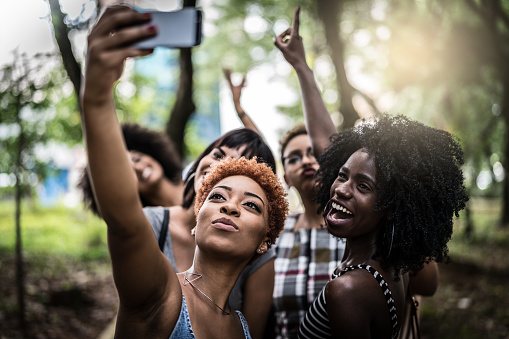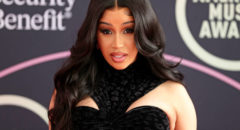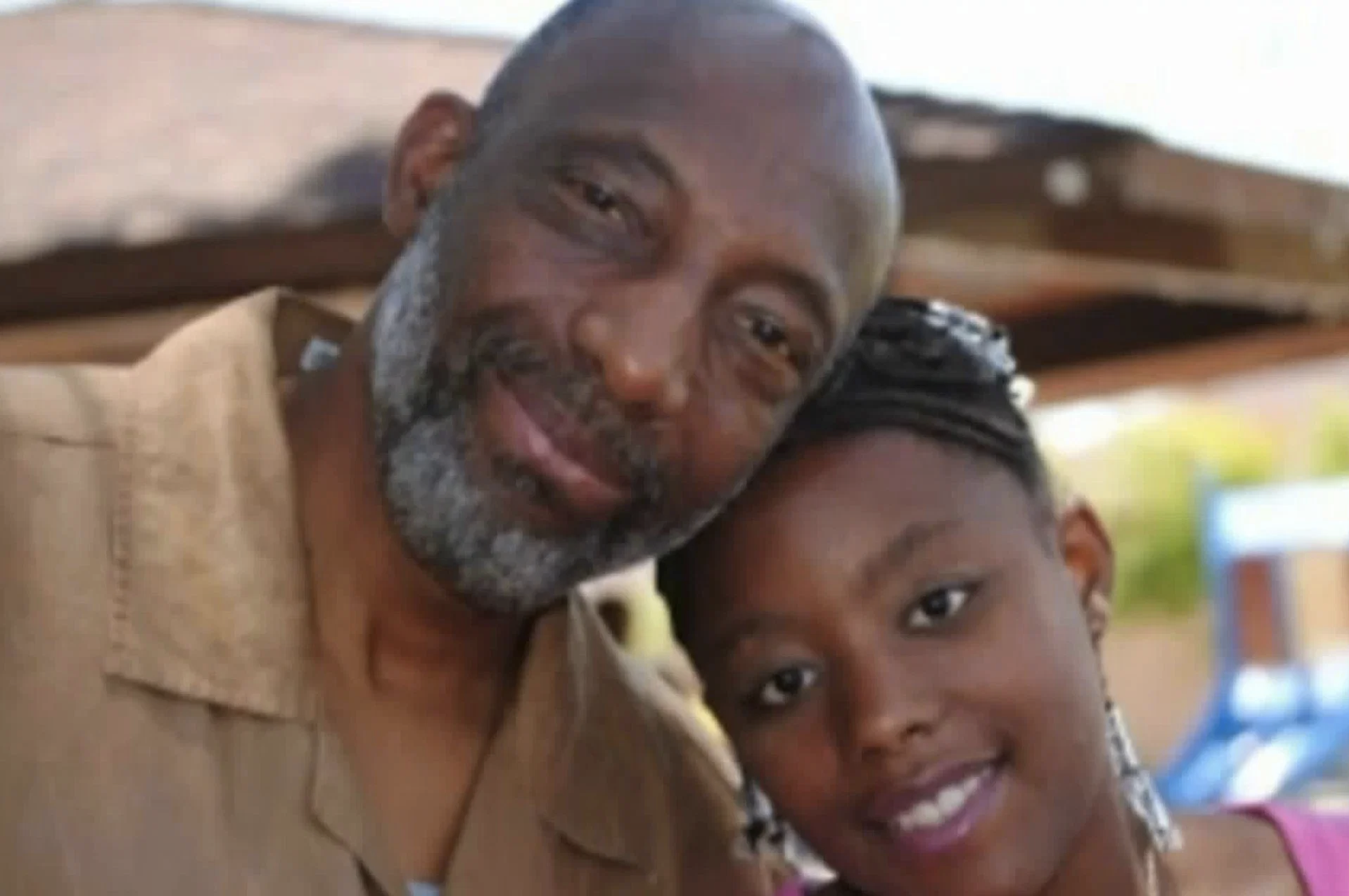
Plastic surgery was once something women, and some men, of a certain age did to maintain their youthful appearance. Cosmetic surgery was an expensive endeavor only afforded by people in the upper-income brackets. According to a report by the American Academy of Facial Plastic and Reconstructive Surgery, cosmetic procedures have increased by 47 percent since 2013. Of the facial plastic surgeons surveyed, nearly ⅓ have said that they've noticed an increase in patients under 30 years old. Doctors think the culprit behind this uptick is social media.
The app believed to have led the charge is Snapchat. Although it’s popularity took a bit of a hit in recent years, it’s audience still remains pretty substantial because of their “beautifying filters” like fan favorites “flower crown,” “butterfly wreath,” and “beauty” filter. These dynamic filters alter the user’s face, smoothing and whitening skin, changing eye shape, nose size and jaw profile.
While these filters have been faring extremely well due to their almost universally flattering effects, especially among young women, they have also caused some concern among users who feel that the filters promote an unrealistic — and Eurocentric — standards of beauty.
The study suggests that millennials -- those roughly between 23 and 38 years old -- have been getting more plastic-surgery procedures because of their fixation with self-care and growing up with social media. The latter has made it less taboo to get your body tweaked professionally but has also been a motivator for people to even get plastic surgery or non-surgical cosmetic procedures, even when people can’t actually see each other during the pandemic.
In an interview with CBS 3 in Philadelphia, local plastic surgeon Dr. Payman Danielpour pointed out that constant virtual access to people has made them even more aware of their physical insecurities than before.
“It does help that people aren’t seeing anyone,” he said. “There are no parties so everybody wants to get in and have a facelift, everyone wants to get in and have their mommy makeover done.”
Social media further exacerbates the problem with their beauty quick fix filters that feed into users’ addiction to instant gratification.
It was pointed out in a 2018 BlackDoctor.org article that although the filters are designed to be beautiful, they all fall in the same genre in a subtle and engaging way.

In an interview with USA Today, Williams said with a click of a button you get “light eyes, skin tone, eye shape — these things can be subtle and have long-term effects and alter your view of yourself.” She also said that many people have Snapchat-filtered profile pictures on Facebook and Twitter and in the early days of Snapchat, she didn’t realize the photos had been altered, but that the people just looked great.
While experts have said that excessively taking and sharing selfies is indicative of traits like narcissism and high self-esteem, low self-esteem also plays an integral role in constructing your digital...
identity on Facebook, Twitter, Instagram and Snapchat.
In an interview with USA Today, Dr. S. Shyam Sundar said, “I think in general, people with low self-esteem tend to be more concerned about their image on any media and they more carefully craft it in order to project their best identity.” Sundar, who serves as the co-director of the Media Effects Research Laboratory at Penn State also said, “But I think [selfies are] not driven by insecurities, but about keeping their self-identities alive and distinct.”
Other studies have also pointed out that despite popular perceptions connecting selfie culture to high self-esteem and positive body image, Snapchat’s “beauty” filters actually create an environment where the only images that many users deem “worthy” of posting are put through a curated lens.
Given that the social media face filters are intuitive and don’t allow the user to control how much their face is altered, the sense of customization is greatly diminished. While big tech app founders may have some responsibility for developing filters that accommodate different images of beauty and give the user more control, hopefully users will exert their own power to love themselves despite what their phones tell them.








